IJERPH Free FullText Application of Artificial IntelligenceBased Technologies in the
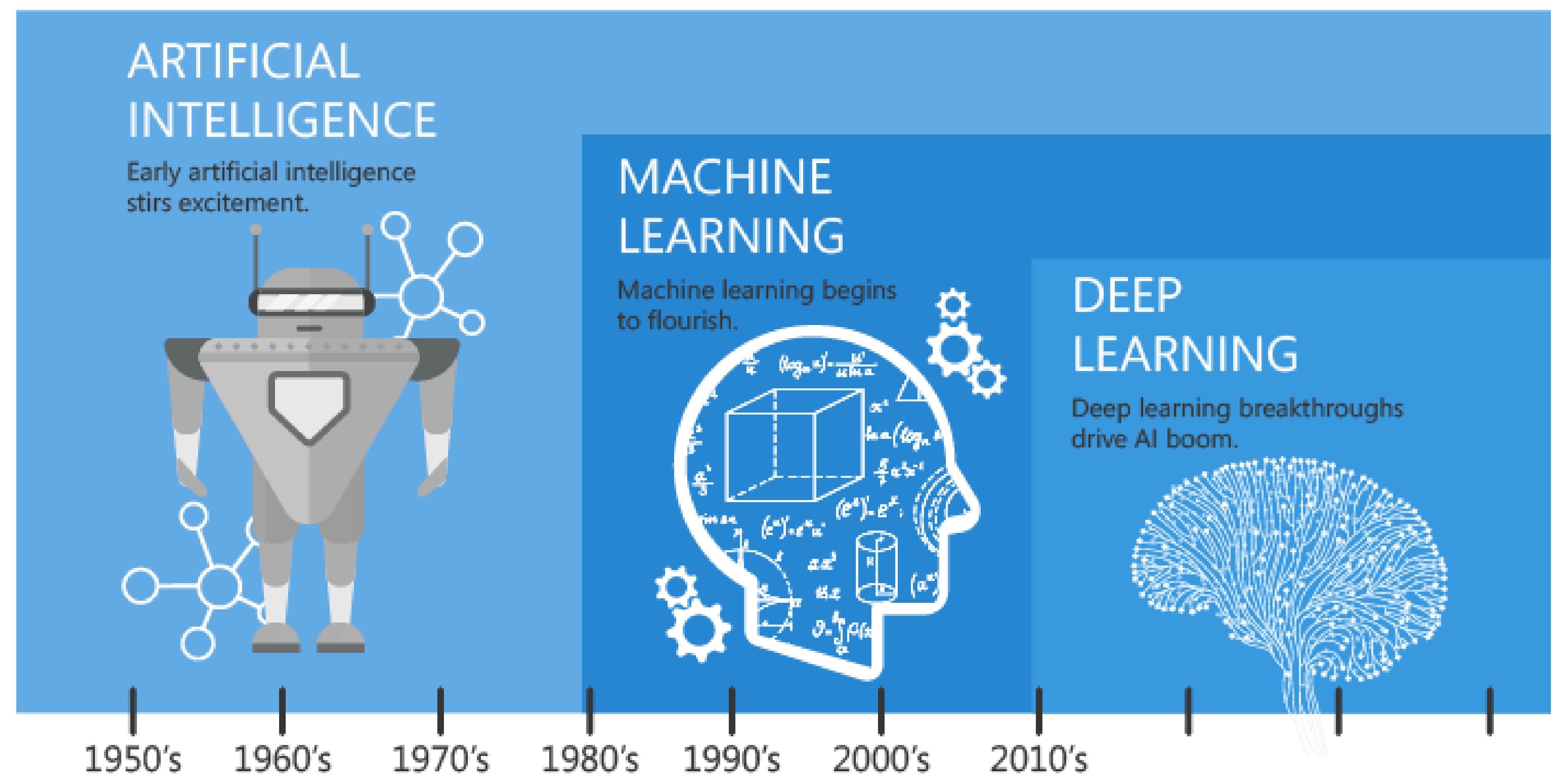
However, artificial intelligence in health care (AIH) reshapes the relationships among technologies, physicians, and patients, and the nature of resistance has thus been transformed. To gain a comprehensive understanding of this phenomenon, this study systematically examines resistance to AIH across health care providers and recipients by.
Artificial intelligence in healthcare Ideagen
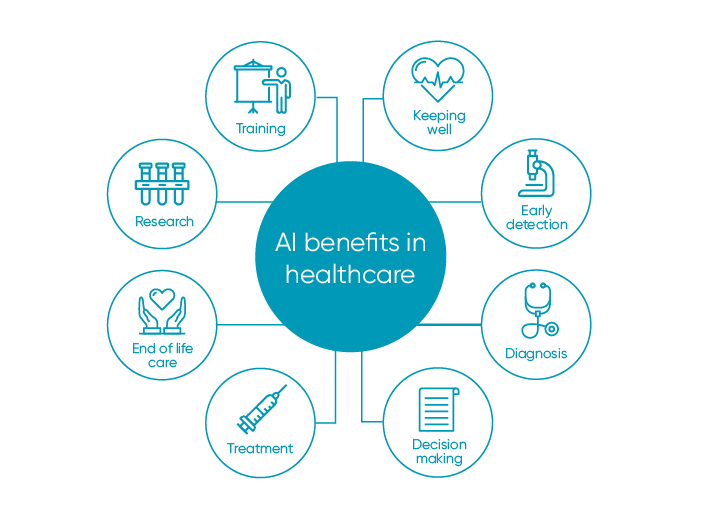
Resistance to medical artificial intelligence. Journal of Consumer Research, 46 (4), 629-650. Meehl, P. (1954). Clinical versus statistical prediction: A theoretical analysis and review of the literature. Minneapolis: University of Minnesota Press. Pezzo, M. V., & Beckstead, J. W. (2020). Patients prefer AI to humans, so lo +ng as the AI is.
SOLUTION Resistance to medical artificial intelligence Studypool

Abstract. Artificial intelligence (AI) is revolutionizing healthcare, but little is known about consumer receptivity to AI in medicine. Consumers are reluctant to utilize healthcare provided by AI in real and hypothetical choices, separate and joint evaluations. Consumers are less likely to utilize healthcare (study 1), exhibit lower.
Artificial Intelligence in Healthcare Soieric Think, Write & Express Guest Post Outreach

Indeed, resistance to medical AI is stronger for consumers who perceive themselves to be more unique (study 5). Uniqueness neglect mediates resistance to medical AI (study 6), and is eliminated when AI provides care (a) that is framed as personalized (study 7), (b) to consumers other than the self (study 8), or (c) only supports, rather than.
(PDF) Resistance to Medical Artificial Intelligence

A Harvard undergrad, working with Harvard Medical School scientists, has designed an artificial intelligence model that predicts tuberculosis resistance to 10 most commonly used drugs. The new model outperforms previous machine-learning tools, and incorporating it into clinical tests could dramatically enhance early detection and prompt treatment of drug-resistant TB.
Artificial Intelligence in Medicine Office of Global Engagement
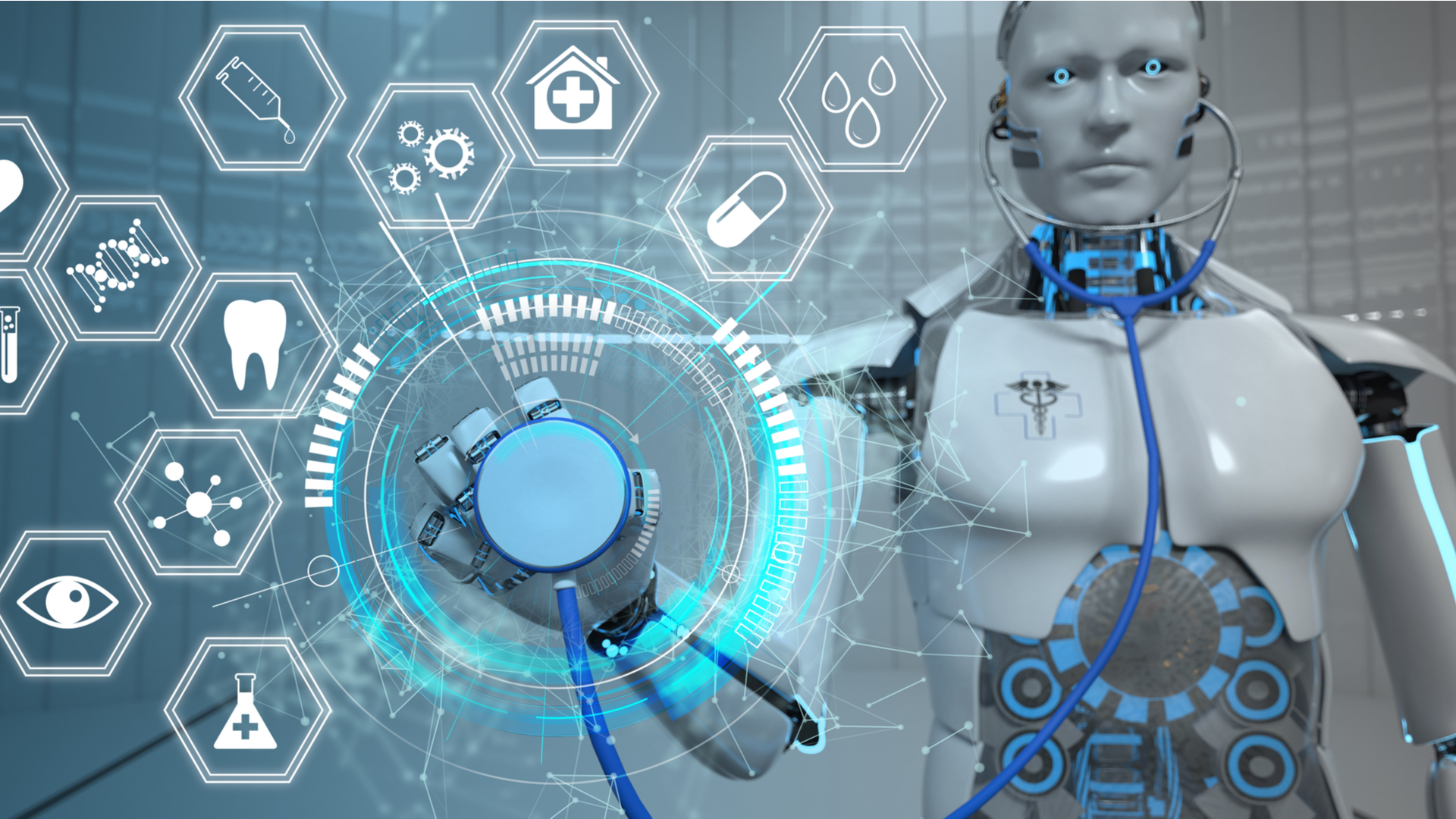
Resistance to Medical Artificial Intelligence CHIARA LONGONI ANDREA BONEZZI CAREY K. MOREWEDGE Artificial intelligence (AI) is revolutionizing healthcare, but little is known about con-sumer receptivity to AI in medicine. Consumers are reluctant to utilize healthcare provided by AI in real and hypothetical choices, separate and joint evaluations.
Artificial Intelligence in Healthcare Health Deal

artificial intelligence providers. Pezzo and Beckstead's (2020) commentary asks whether resistance to medical AI takes the form of a noncompensatory decision strategy, in which a single attribute determines provider choice, or whether resistance to medical AI is one of several attributes considered in a compensatory decision strategy.
7 Ways Artificial Intelligence is Transforming Healthcare
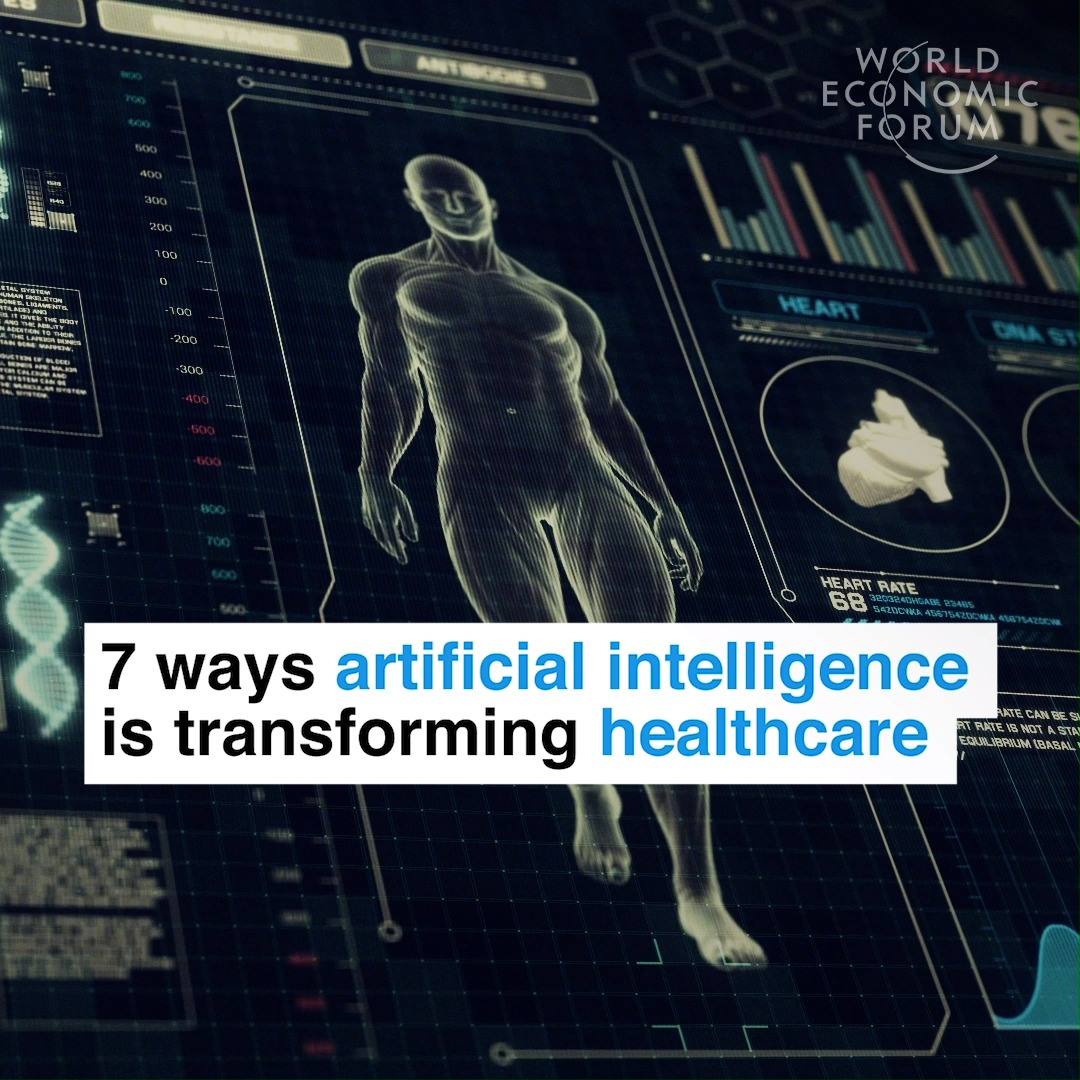
Indeed, resistance to medical AI is stronger for consumers who perceive themselves to be more unique (study 5). Uniqueness neglect mediates resistance to medical AI (study 6), and is eliminated when AI provides care (a) that is framed as personalized (study 7), (b) to consumers other than the self (study 8), or (c) only supports, rather than.
Artificial Intelligence in Medical Devices what do we know so far? QbD

Chiara Longoni, Andrea Bonezzi, Carey Morewedge. 2020. "Resistance to medical artificial intelligence is an attribute in a compensatory decision process: response to Pezzo and Becksted (2020)." Judgment and Decision Making, Volume 15, Issue 3, May 2020, pp. 446-448.
What is the Role of Artificial Intelligence in Medicine Industry?
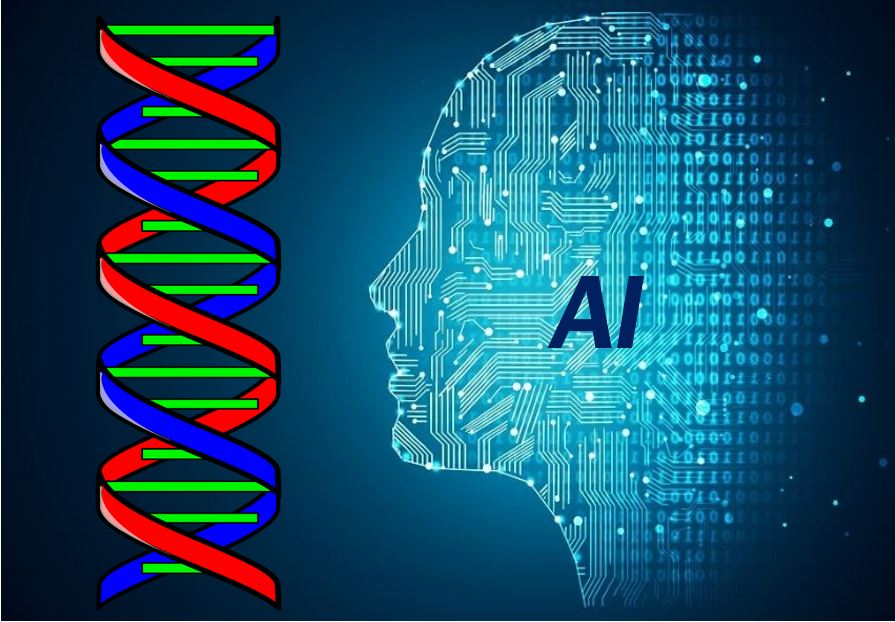
We show that resistance to the utilization of medical artificial intelligence is driven by both the subjective difficulty of understanding algorithms (the perception that they are a 'black box.
Ethics and Psychology Understanding, explaining, and utilizing medical artificial intelligence
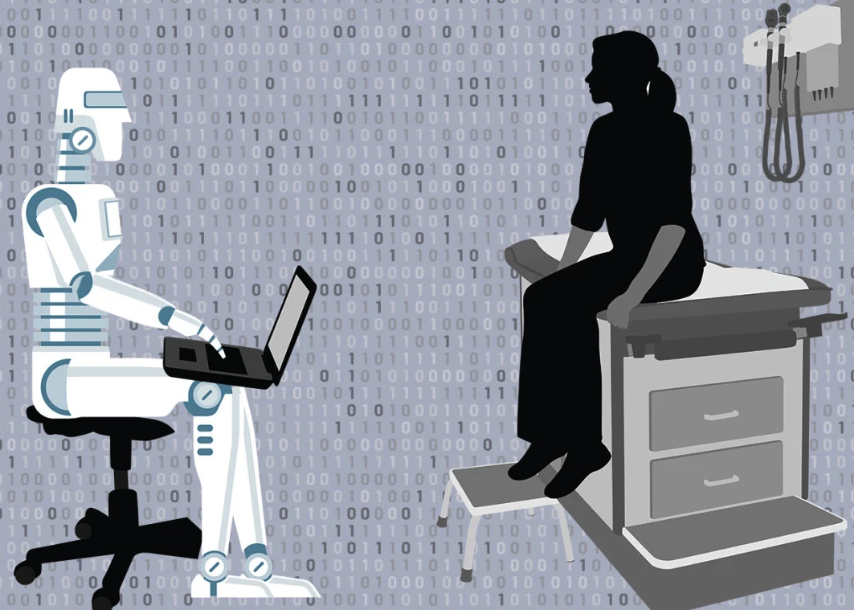
These findings make contributions to the psychology of automation and medical decision making, and suggest interventions to increase consumer acceptance of AI in medicine. Artificial intelligence (AI) is revolutionizing healthcare, but little is known about consumer receptivity to AI in medicine. Consumers are reluctant to utilize healthcare provided by AI in real and hypothetical choices.
(PDF) Resistance to Medical Artificial Intelligence

Longoni Chiara, Bonezzi Andrea, Morewedge Carey K. (2019), "Resistance to Medical Artificial Intelligence," Journal of Consumer Research, 46 (4), 629-50. Crossref Google Scholar
Benefits of Artificial Intelligence The Future of Healthcare LUX
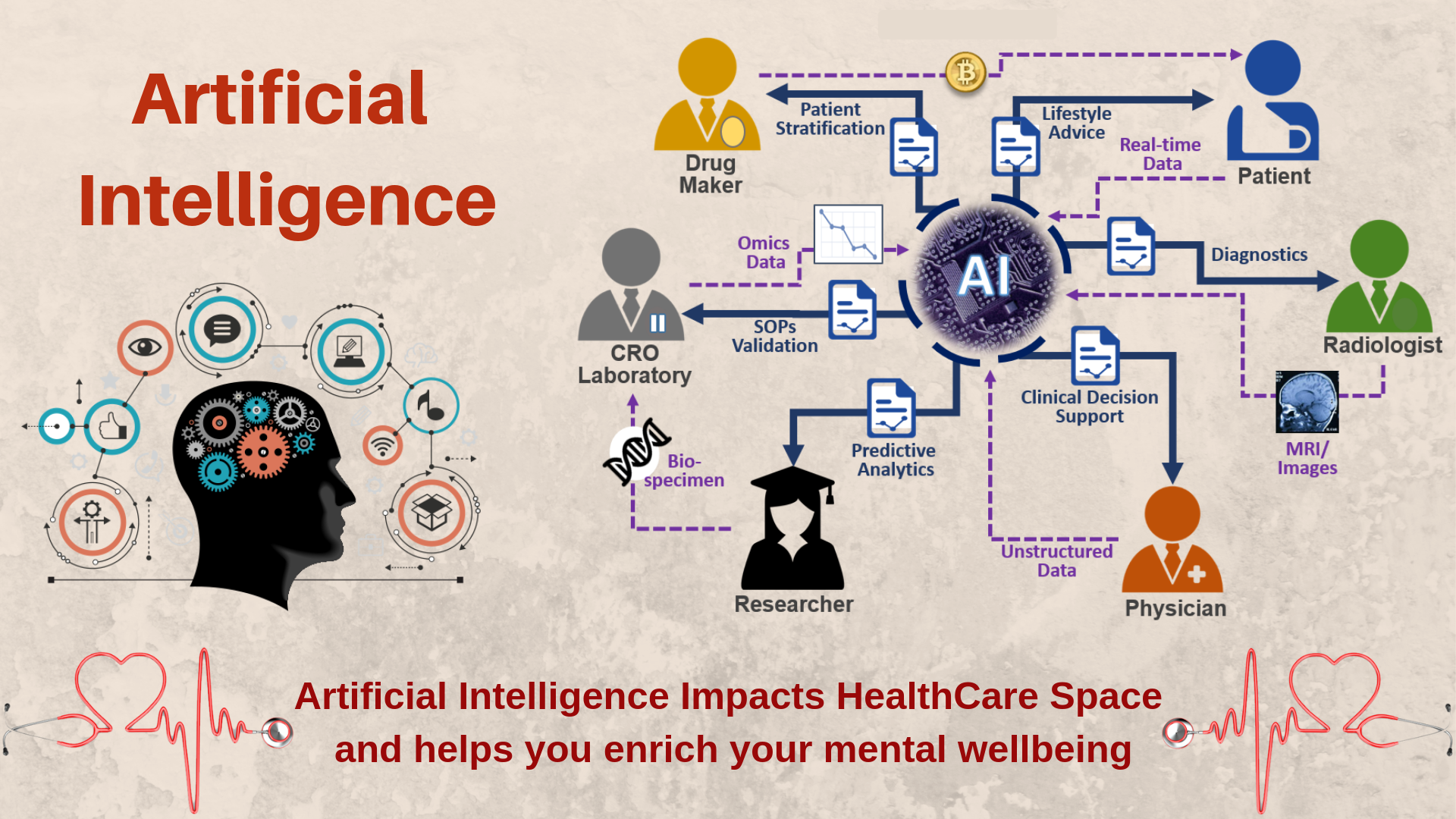
PDF | Artificial intelligence (AI) is revolutionizing healthcare, but little is known about consumer receptivity toward AI in medicine.. Resistance to Medical Artificial Intelligence. April.
SOLUTION Resistance to medical artificial intelligence Studypool

Artificial intelligence (AI) is revolutionizing healthcare. Medical AI applications are manifold and pervasive. IBM's Watson diagnoses heart disease (Hutson 2017), chatbots dispense medical advice for the United Kingdom's National Health Service (O'Hear 2017), apps like SkinVision detect skin cancer with expert accuracy (Haenssle et al. 2018), and algorithms identify eye diseases such as.
Health TalksArtificial Intelligence & Antibiotic Resistance
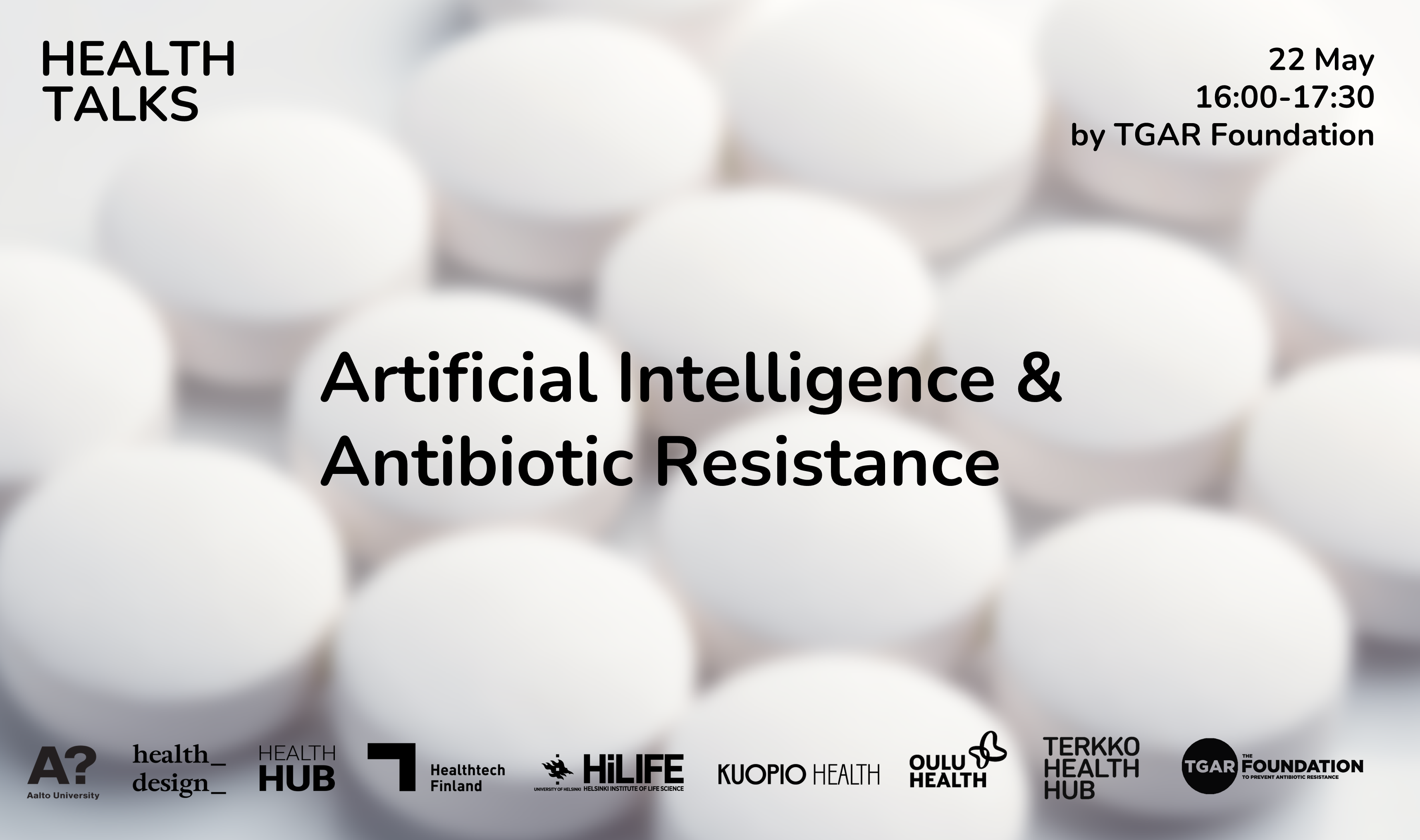
Downloadable (with restrictions)! Artificial intelligence (AI) is revolutionizing healthcare, but little is known about consumer receptivity to AI in medicine. Consumers are reluctant to utilize healthcare provided by AI in real and hypothetical choices, separate and joint evaluations. Consumers are less likely to utilize healthcare (study 1), exhibit lower reservation prices for healthcare.
Antibiotics Free FullText Artificial Intelligence for Antimicrobial Resistance Prediction

It is found that resistance to medical AI is a consequential input to compensatory decisions regarding healthcare utilization and provider choice decisions, not a noncompensatory decision strategy. In Longoni et al. (2019), we examine how algorithm aversion influences utilization of healthcare delivered by human and artificial intelligence providers. Pezzo and Beckstead's (2020) commentary.